On the morning of November 25, the inspirational talk show for young people "Intelligent Generation Now" officially opened the 2025 Autumn Economic Forum , taking place in Ho Chi Minh City .
The program is accompanied by the World Economic Forum (WEF) and the participation of UNESCO, RMIT Vietnam and CMC Group. The talk show brings together more than 500 outstanding young people.
Scene of Talks “Intelligent Generation Now”.
Attending the forum were Deputy Prime Minister Bui Thanh Son, Chairman of Ho Chi Minh City People's Committee Nguyen Van Duoc. On the side of international guests was Mr. Stephan Mergenthaler, Managing Director of the World Economic Forum (WEF). On the side of the Ministry of Industry and Trade , there was Deputy Minister Phan Thi Thang; along with representatives of international organizations, businesses and leading experts.
Delegates attending the program.
Young generation and sustainable future development
At the forum, Professor Scott Thompson-Whiteside - General Director of RMIT University Vietnam said that in the context of digital transformation, advanced manufacturing and green transition taking place strongly, Vietnamese youth play a key role in promoting sustainable development .
The Forum highlighted the importance of dialogue and cooperation in promoting economic development and opening up new opportunities for Ho Chi Minh City. RMIT Vietnam has always pursued this spirit through research, education and extensive business connections, contributing to sustainable growth and opening up the way for the younger generation to make meaningful contributions to the prosperous future of Vietnam and the region.
Professor Scott Thompson-Whiteside - General Director of RMIT University Vietnam.
According to Professor Scott Thompson-Whiteside, global challenges such as climate change require innovative solutions and the young generation of Vietnam with its technological understanding, flexibility and breakthrough thinking will be the leading force in developing green technologies and environmentally friendly digital solutions.
" With the energy, knowledge and leadership of young people, we can absolutely work together to create a sustainable, inclusive and resilient future for Vietnam and the entire region. The future of work is also shifting from optimizing efficiency to optimizing innovation. The spirit of 'learn fast - try fast - fail fast - improve fast' will be what I hope you will take away from today's discussion" , Professor Scott Thompson-Whiteside emphasized.
At the forum, Mr. Stephan Mergenthaler - Managing Director of the World Economic Forum (WEF) gave an inspirational speech on the context and global development trends in the digital age, inspiring the spirit of Vietnamese youth in digital transformation and green transformation towards sustainable development from a global perspective.
" When we work with leading businesses around the world, the key question is always: What skills will change in the future? According to research by the World Economic Forum, especially the Future of Jobs report, 39% of the core skills of the workforce will change by 2030. This number shows the reality that your future job will require competencies that you have not even heard of today ," said Mr. Stephan Mergenthaler.
Mr. Stephan Mergenthaler - Managing Director of the World Economic Forum (WEF) shared.
Change your mindset to create a "new world"
Mr. Stephan Mergenthaler affirmed that technology is leading exponential change. The future of work will have cooperation between humans and machines. Accordingly, the trend of humans managing teams of robots and AI to perform tasks previously performed by humans will be seen more in companies.
Dialogue session with outstanding young representatives in Vietnam.
However, experts also emphasize that this does not mean that technology will replace humans, but is redefining things that only humans can do.
Another notable point, when asked “what is hindering the transformation of the company?”, 63% of the responses said that the skills gap is the biggest barrier. In other words, companies do not have enough people with the right competencies needed for the future operating model. This stems from the exponential pace of change in technology.
“We are living in an artificial intelligence boom, as evidenced by the rapid growth of computing power available for training large language models. Not only AI, but quantum computing is also developing rapidly, opening up the possibility of a quantum leap in computing power ,” the expert said.
According to experts, if 47% of jobs are still done entirely by humans today, by 2030 the picture will be more balanced. Nearly a third of jobs will be done by technology, a third will be based on human-machine collaboration, and the rest will be done by humans. This is the model that the younger generation must prepare to enter, that is, the model of human-AI collaboration.
When asked how businesses will respond to the rapid development of AI, the results show: 77% will focus on retraining the existing workforce; 69% will recruit new human resources with AI skills; 62% will look for human resources capable of working effectively with AI. All of this affirms an important point: the future is not about AI replacing humans, but building hybrid teams, in which machines contribute computing power and humans contribute creativity, strategic thinking and emotions.
Mr. Stephan Mergenthaler believes that, in the new context, the young generation needs to change their thinking, change their perspective and actions to be ready for a new working environment. The expert gives suggestions on the important shift in thinking that the new generation needs to prepare for:
First, shift from a competitive mindset to one of collaboration with AI. Technology is not a competition or replacement, but a tool to help people focus on higher values.
Second, shifting the mindset of equipping the necessary skills is a static skill set, so this skill set needs to be constantly changed to "evolve", continuously learning and changing to adapt.
Third, move from specialization to integration, interdisciplinary thinking. The new world requires the ability to connect fields to create new solutions, something machines cannot yet do.
Fourth, shift the mindset from focusing on performance to focusing on creativity "learn fast - execute fast"...
At the program, Mr. Stephan Mergenthaler - Executive Director of WEF also had a discussion with 6 young Vietnamese representatives: outstanding RMIT students, startups, young entrepreneurs, intellectuals, officials and representatives of the Global Shapers Community of Ho Chi Minh City. The young speakers shared about aspirations, creativity and social responsibility, and discussed the leading role of young people in the digital and green transformation process in Ho Chi Minh City.


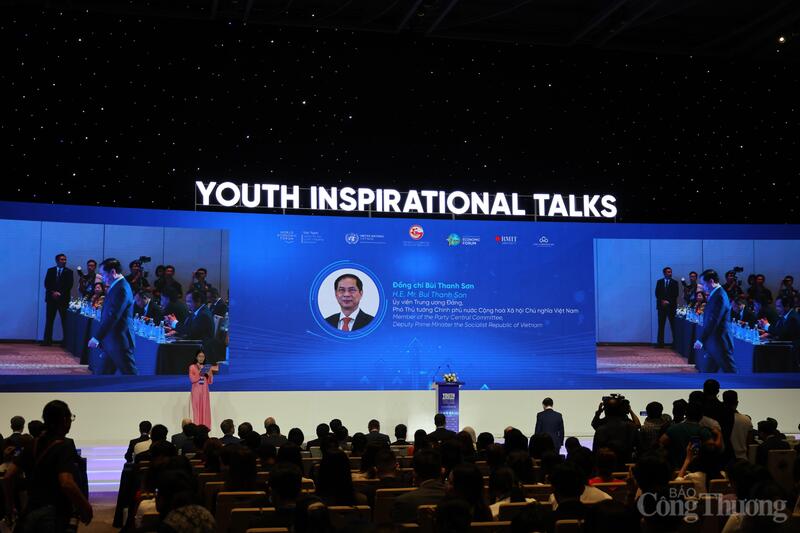
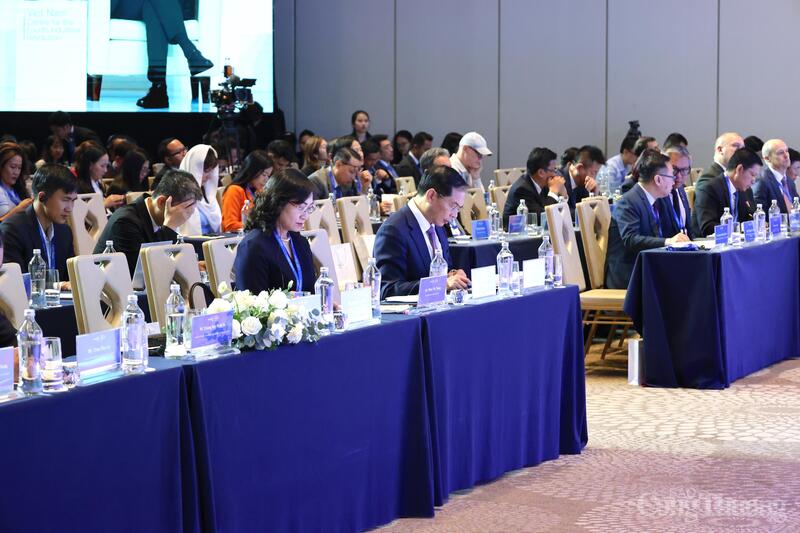
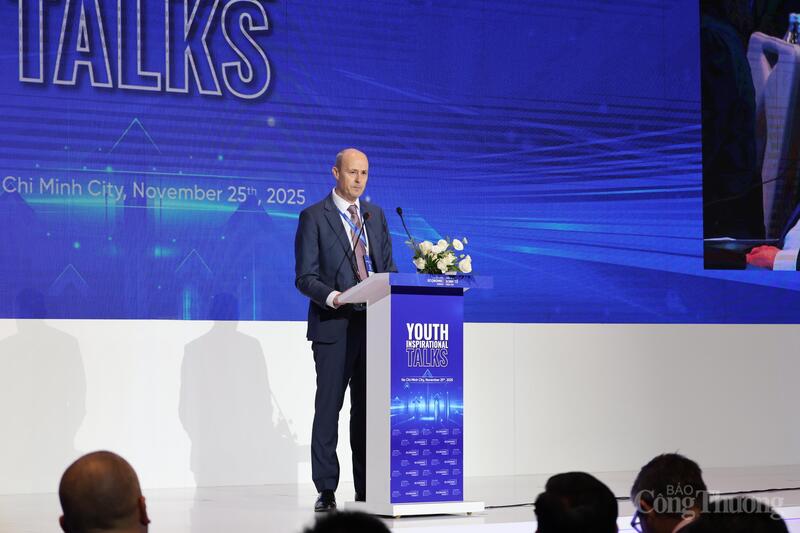
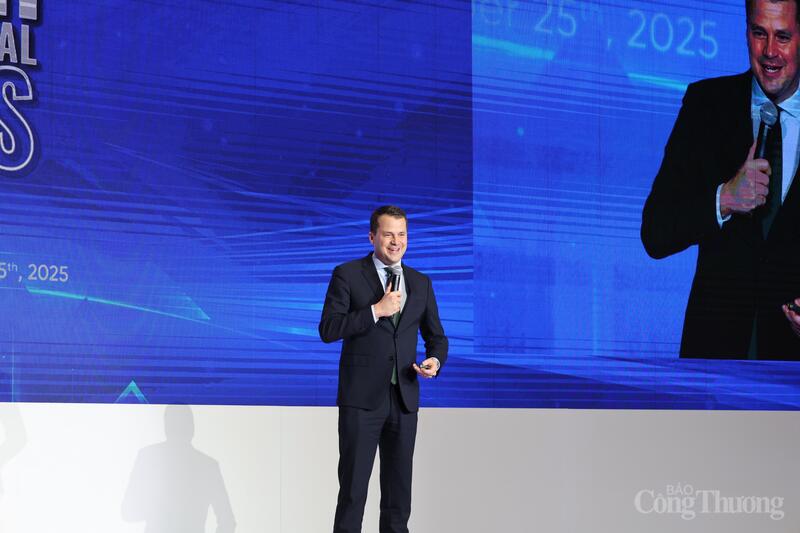
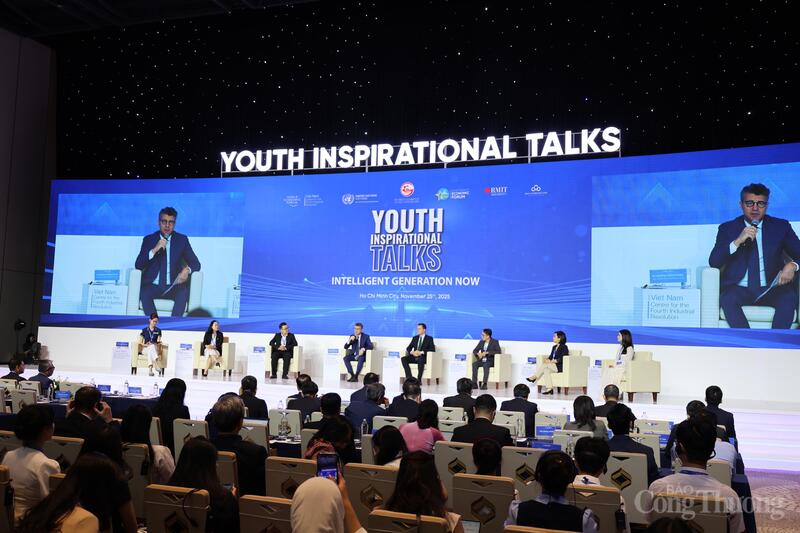


![[Photo] Close-up of heavy damage at the school located on the banks of the Ban Thach River](/_next/image?url=https%3A%2F%2Fvphoto.vietnam.vn%2Fthumb%2F1200x675%2Fvietnam%2Fresource%2FIMAGE%2F2025%2F11%2F26%2F1764152130492_ndo_bl_img-8188-8805-jpg.webp&w=3840&q=75)



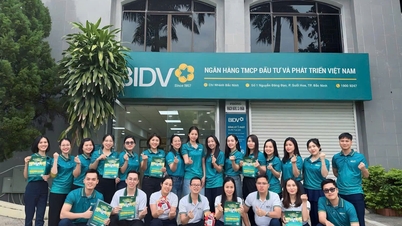

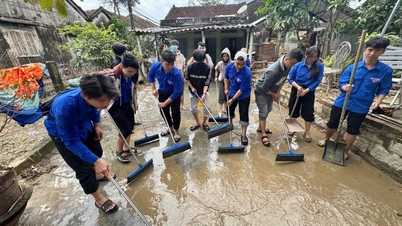

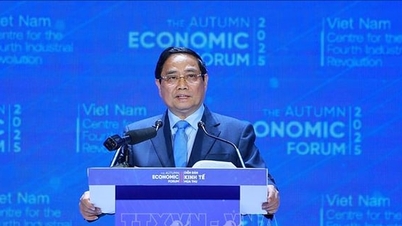

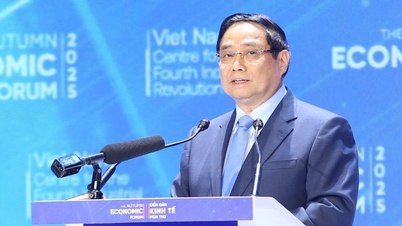

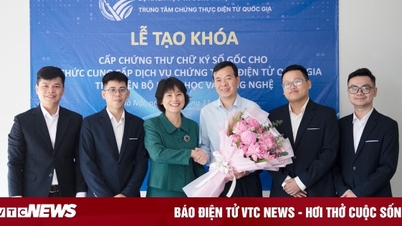

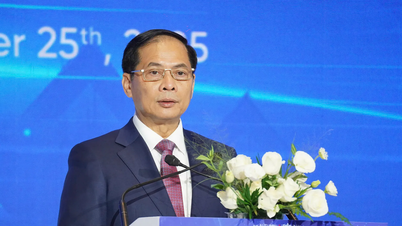

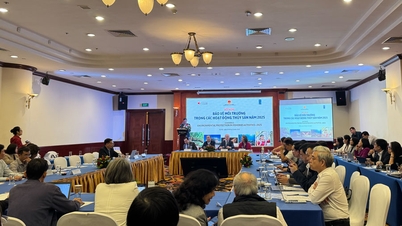

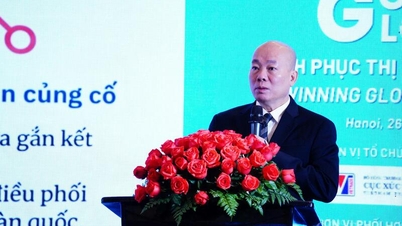
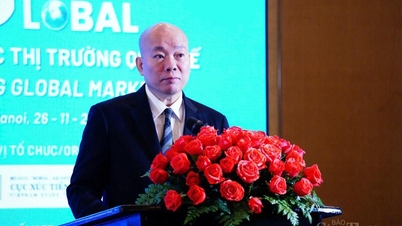
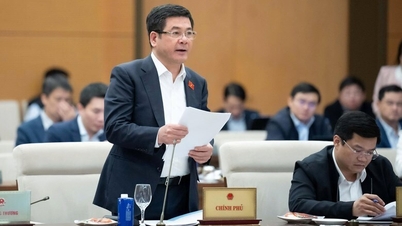

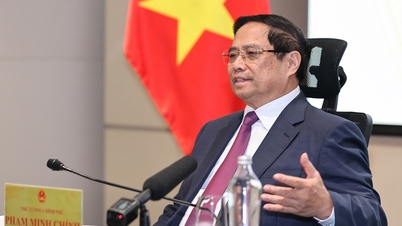




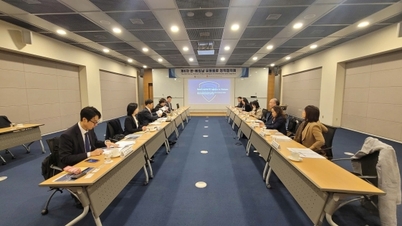

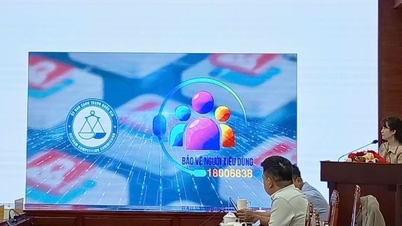
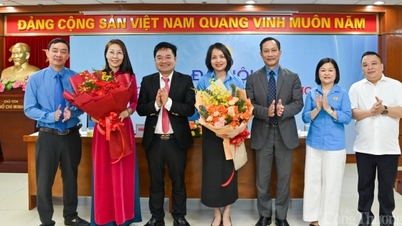
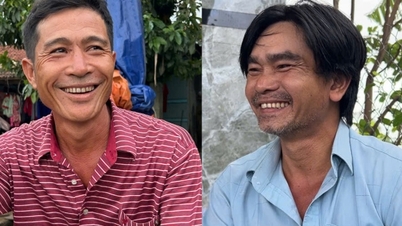
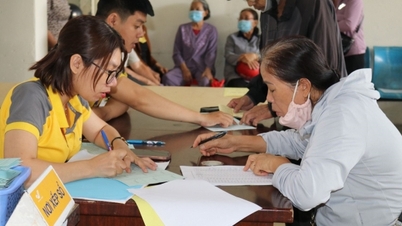
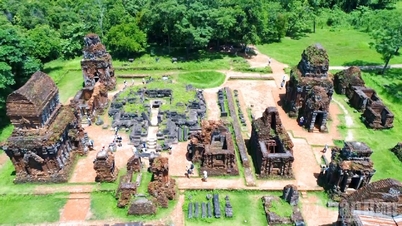










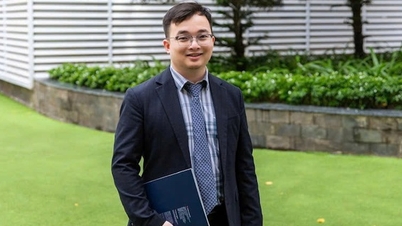

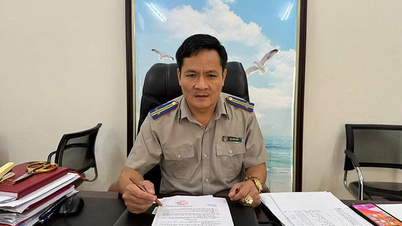



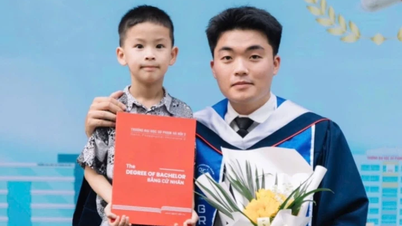
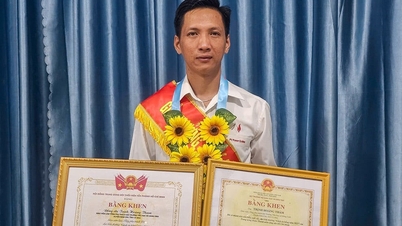

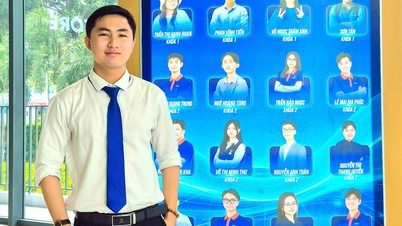

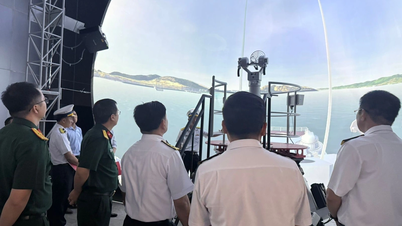

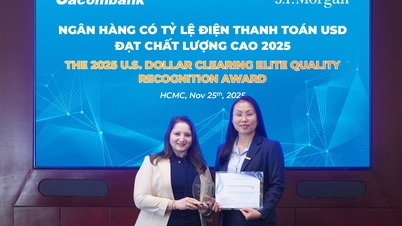

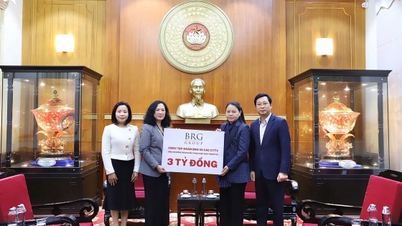

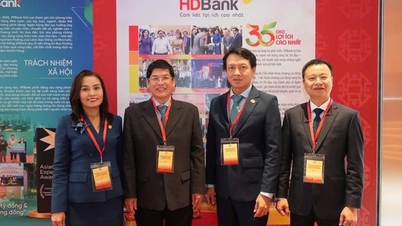









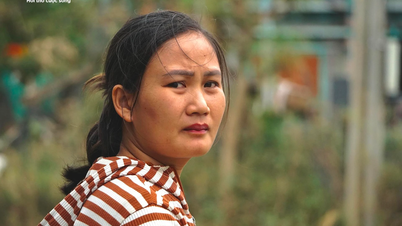




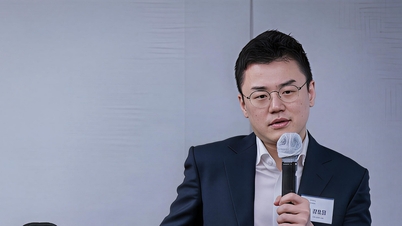

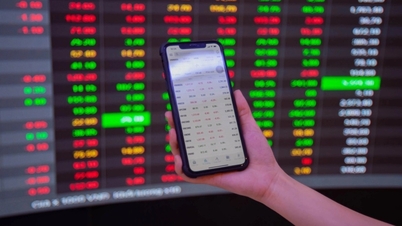



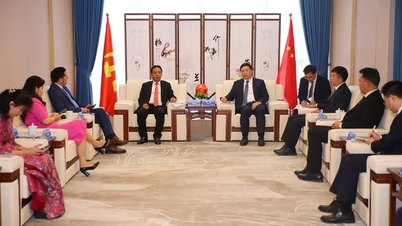




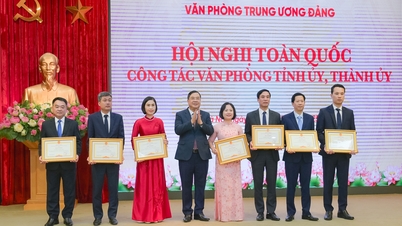


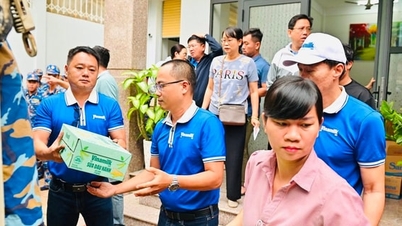
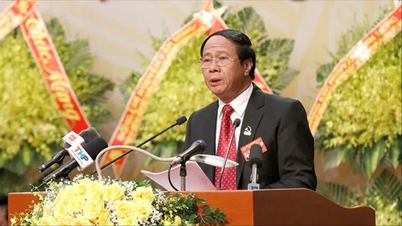

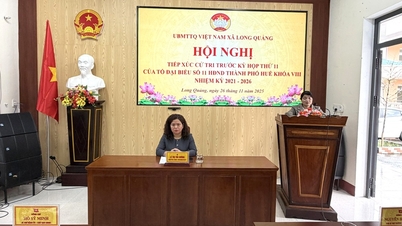



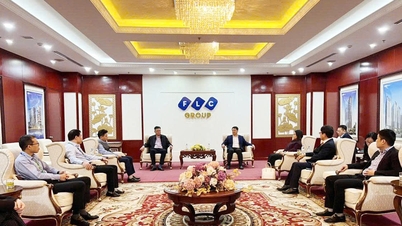









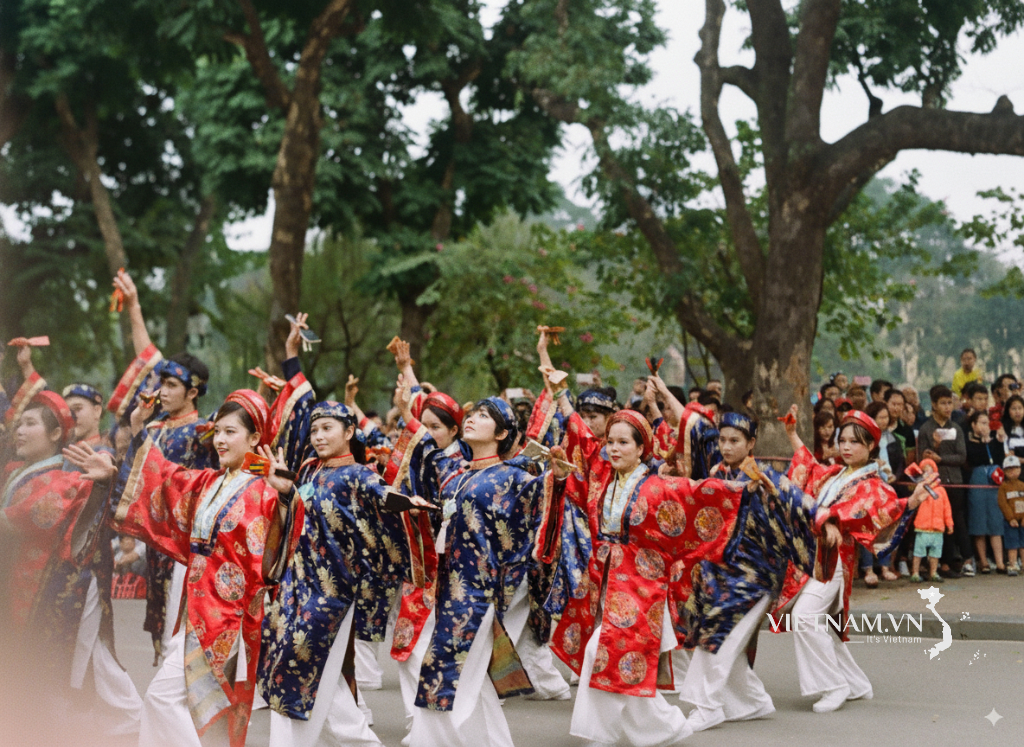


Comment (0)